The draft Law on Organization of People's Courts (amended) is one of the contents that delegates will comment on at the conference of full-time National Assembly deputies on March 26.
Consideration during the implementation of salary reform
One of the notable contents stipulated in the draft law is that "The State has a preferential policy on salaries and allowances for judges, court examiners, and court clerks".
The draft regulations, salary and allowance regimes mentioned above are prescribed by the National Assembly Standing Committee upon the proposal of the Chief Justice of the Supreme People's Court.
In a summary report on some major issues with different opinions on this bill, the Judiciary Committee said that during the discussion, in addition to the approval, some National Assembly deputies did not agree with this provision because it would create a separate priority salary table for the court and was not consistent with Resolution 27 on salary reform.
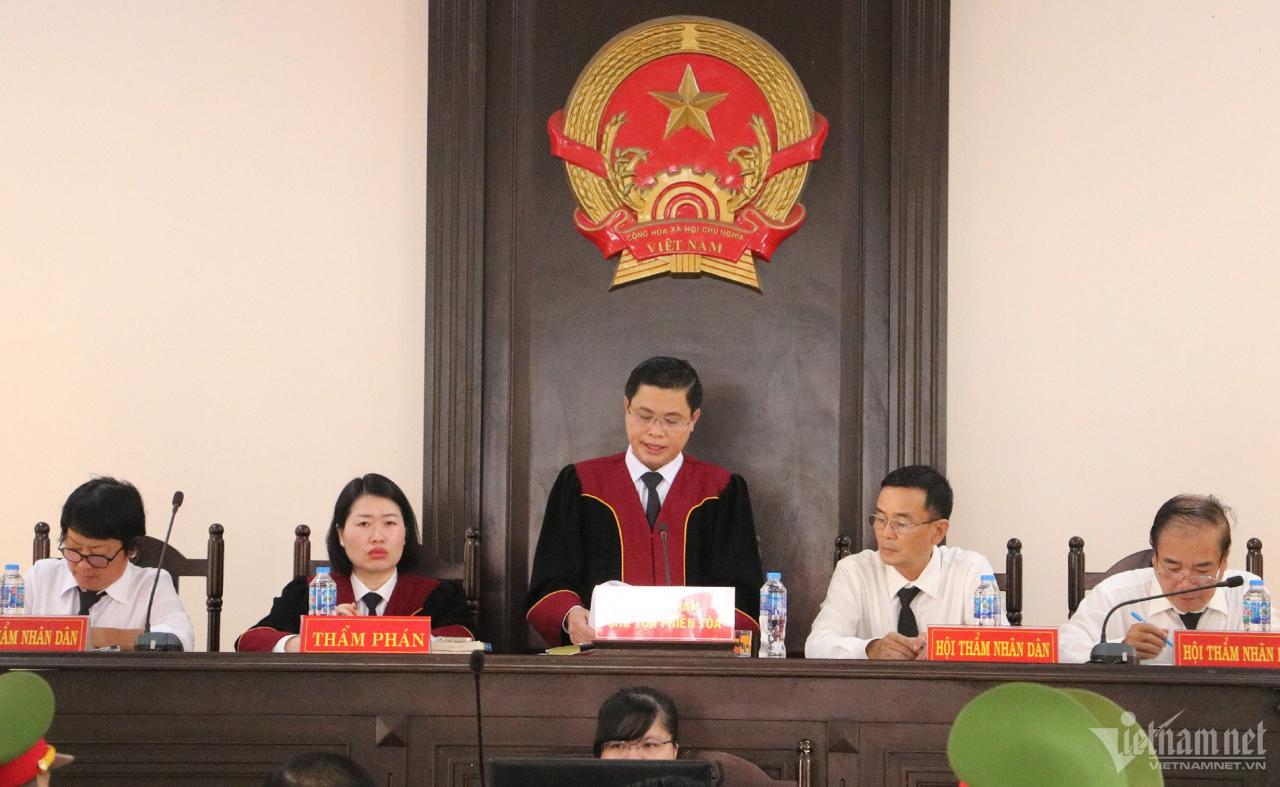
Expressing basic agreement with the proposal of the Supreme People's Court in the draft law, the Standing Committee of the Judiciary Committee said that priority in salary and allowances for judicial positions of the court will be considered in the process of implementing salary reform, ensuring compliance with Resolution 27 on salary reform.
Implementing the conclusion of the National Assembly Standing Committee, the Standing Committee of the Judiciary Committee is seeking opinions from the Government and the Central Steering Committee on reforming salary policies, social insurance and incentives for meritorious people on this content.
After receiving comments from relevant agencies, the Standing Committee of the Judiciary Committee will continue to coordinate with the Supreme People's Court and relevant agencies to receive and explain the opinions of National Assembly deputies, and revise the draft law on this content.
Supreme Court judges work until retirement
Another content with different opinions is related to the regulation on the term of judges. Specifically, according to the current law, the first term of judges is 5 years; in case of re-appointment or appointment to another judge rank, the next term is 10 years.
The latest draft law proposes that Supreme People's Court judges work until retirement; judges appointed for the first time have a term of 5 years, and judges appointed for the re-election have a term until retirement.
The inspection agency said that during the discussion, many National Assembly deputies agreed with the regulations on the term of office of judges, and at the same time requested clarification of the reason why people with the title of judge are appointed until retirement.
Besides, there are still opinions that disagree with the provisions of the draft law. Some opinions are concerned that the provisions of the draft law may affect the training and moral cultivation of judges.
The Standing Committee of the Judiciary Committee believes that a judge is a special judicial position appointed by the President to perform adjudication duties and other duties and powers as prescribed by law, with the duty to protect justice, human rights and civil rights.
The provisions of the draft law are to continue to innovate the term of office of judges and institutionalize Resolution 27 of the Central Committee on continuing to build and perfect the socialist rule of law state of Vietnam in the new period.
According to the review agency, this regulation does not affect the training and moral cultivation of judges; it creates conditions for judges to truly feel secure in their work, contributes to ensuring the principle that when adjudicating, judges are independent and only obey the law; and reduces procedures and time for the reappointment process.
On the other hand, judges who commit violations, depending on the nature and severity, may be dismissed or removed from office according to the provisions of Articles 107 and 108 of the draft law.
Accepting the opinions of National Assembly deputies and the conclusion of the National Assembly Standing Committee, the Standing Committee of the Judiciary Committee basically agreed with the draft law on the term of office of judges.
It is expected that the draft Law on Organization of People's Courts (amended) will be considered and approved by the National Assembly at the 7th session (May 2024).
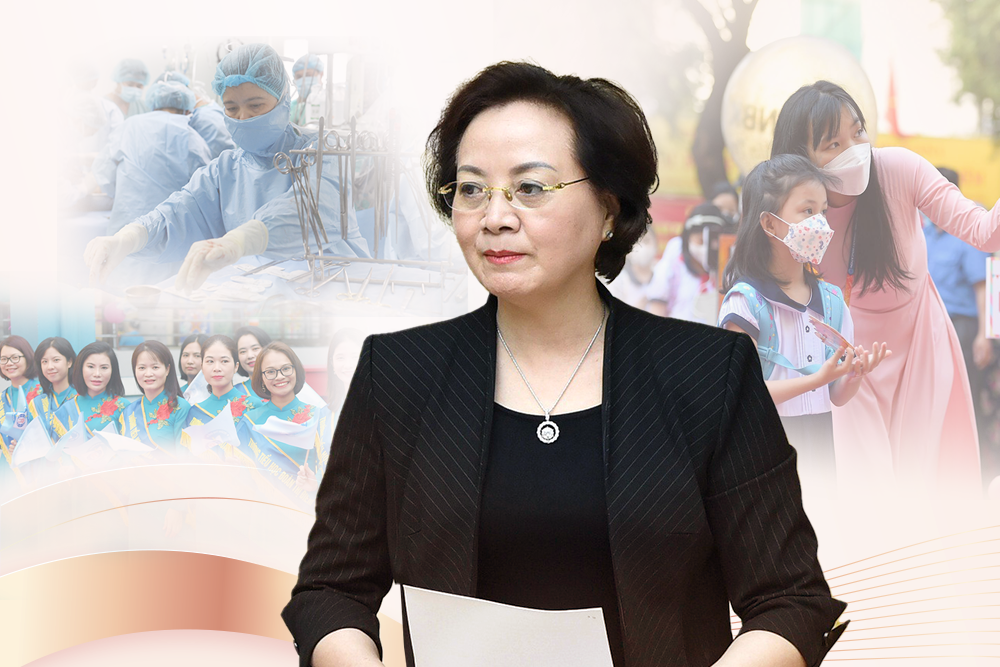
Minister of the Interior: Millions of civil servants and public employees get a 30% salary increase
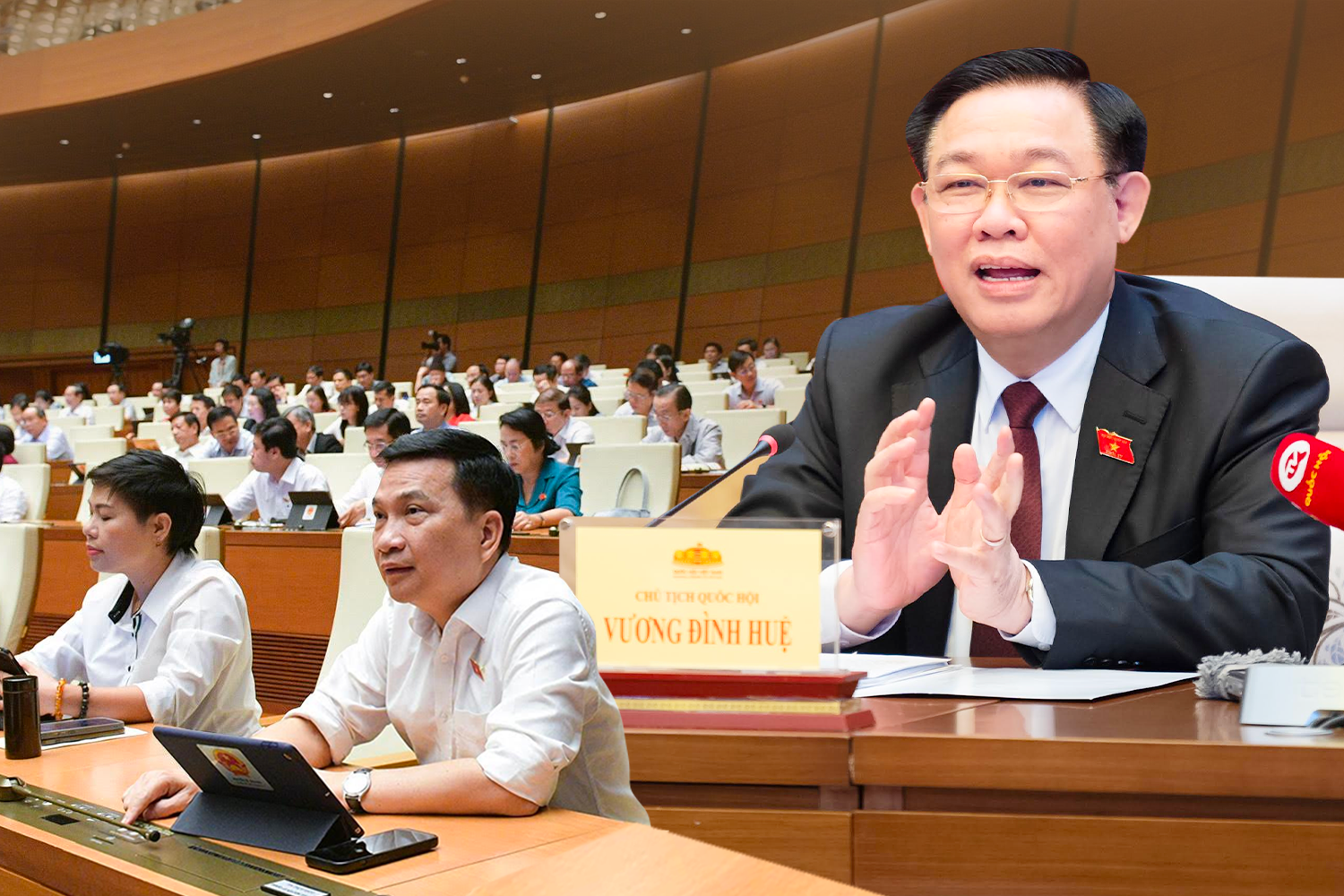
National Assembly Chairman: Salary reform is not just a simple salary increase

Politburo: Continue to innovate salary and benefits policies for teachers
Source








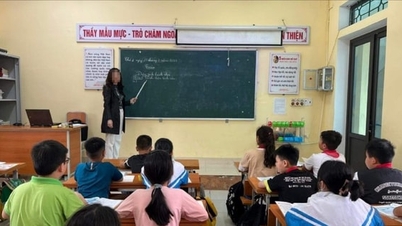





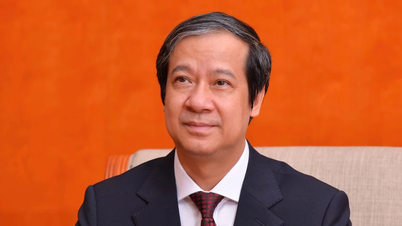

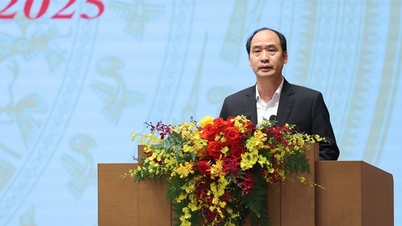

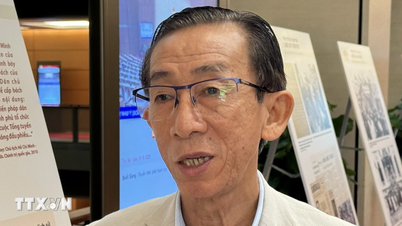






















![[Photo] Worshiping the Tuyet Son statue - a nearly 400-year-old treasure at Keo Pagoda](/_next/image?url=https%3A%2F%2Fvphoto.vietnam.vn%2Fthumb%2F1200x675%2Fvietnam%2Fresource%2FIMAGE%2F2025%2F12%2F02%2F1764679323086_ndo_br_tempimageomw0hi-4884-jpg.webp&w=3840&q=75)
![[Photo] Parade to celebrate the 50th anniversary of Laos' National Day](/_next/image?url=https%3A%2F%2Fvphoto.vietnam.vn%2Fthumb%2F1200x675%2Fvietnam%2Fresource%2FIMAGE%2F2025%2F12%2F02%2F1764691918289_ndo_br_0-jpg.webp&w=3840&q=75)




































































Comment (0)